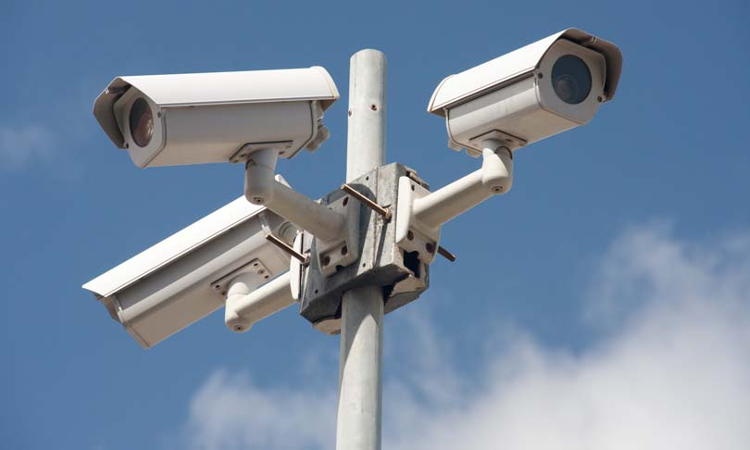Breaking- Victims Of Human Rights Violations By Police/NIA/CBI/ED Have The Right For CCTV Footage Of Interrogation:Supreme Court
LIVELAW NEWS NETWORK
2 Dec 2020 9:45 PM IST

"A person has a right to complain about human rights violations to the National/State Human Rights Commission, Human Rights Court or the Superintendent of Police or any other authority empowered to take cognizance of an offence. It shall further mention that CCTV footage is preserved for a certain minimum time period, which shall not be less than six months, and the victim has a right to have the same secured in the event of violation of his human rights."
Next Story


